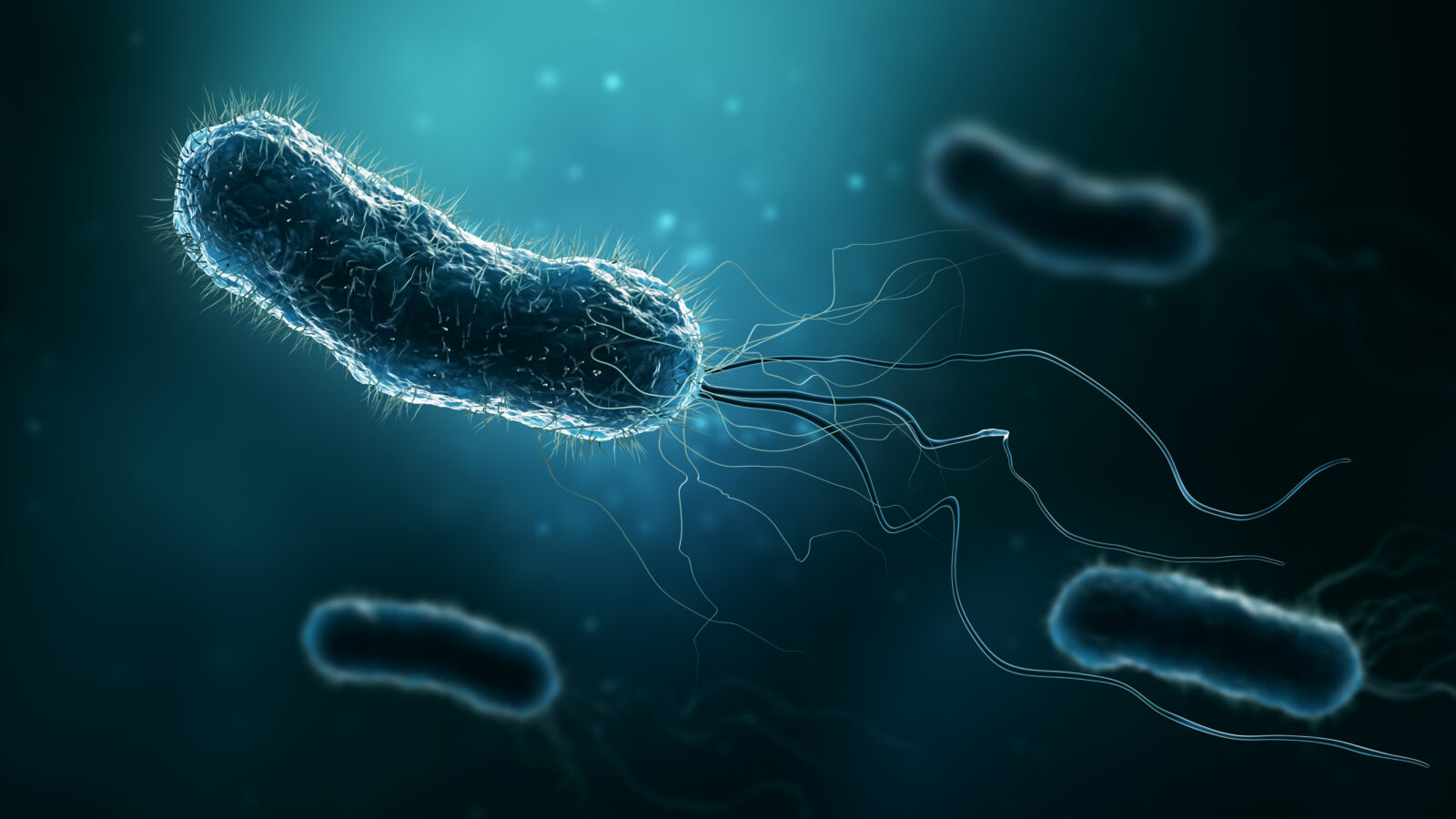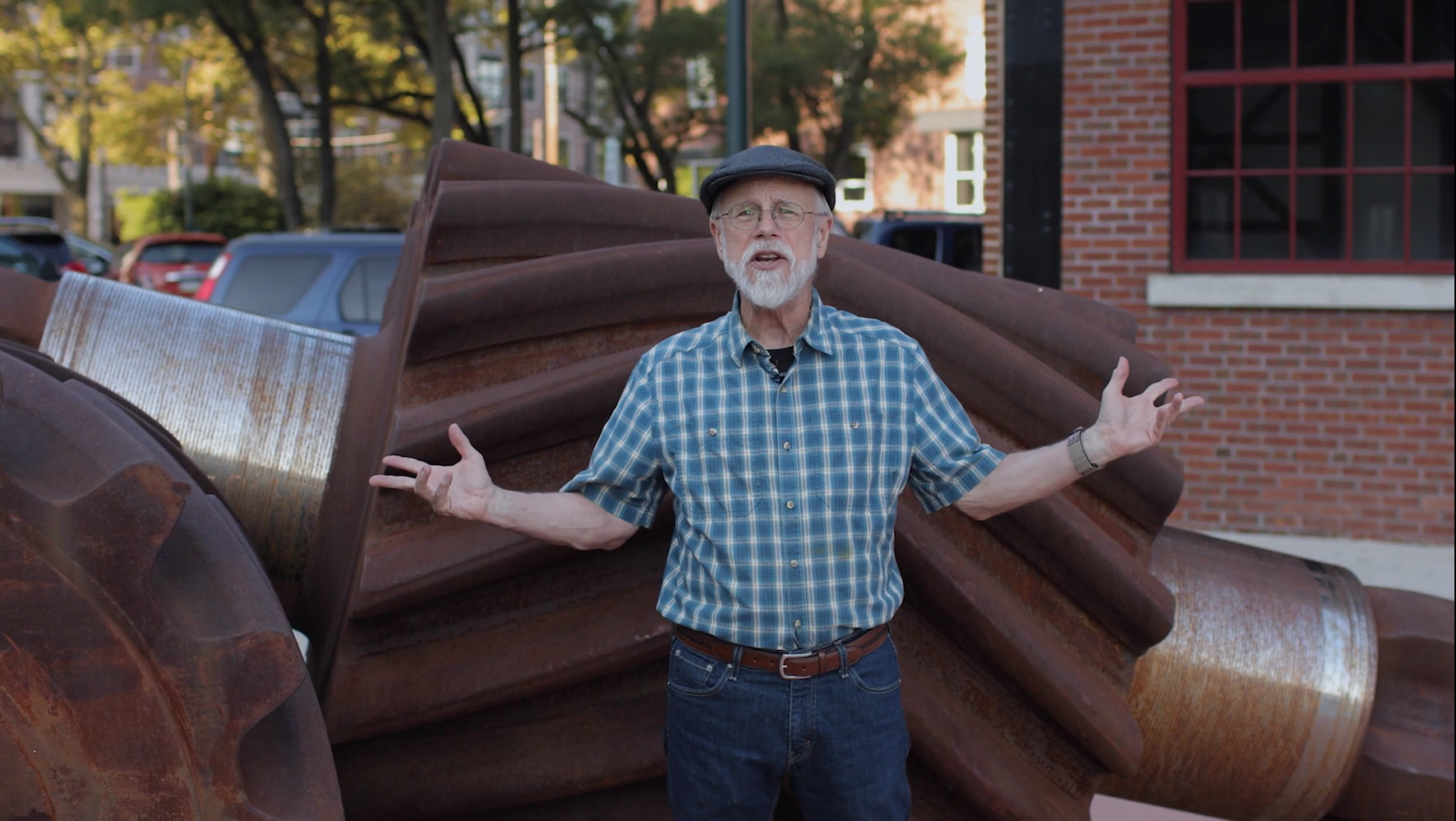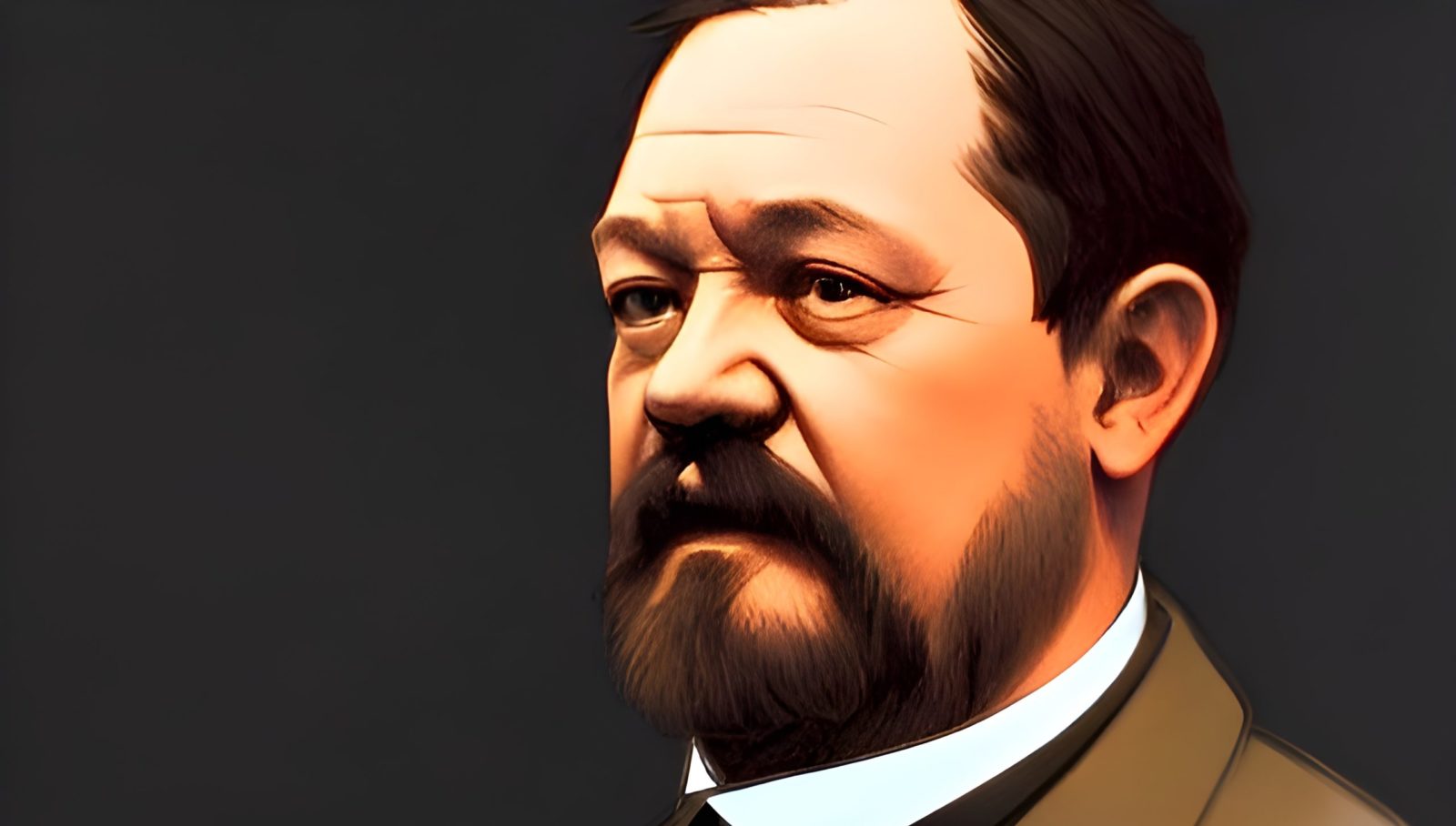


A Microbiologist’s Journey to Intelligent Design

Michael Behe: Behind The Scenes of Secrets of the Cell

The 200th Birthday of Louis Pasteur: A Man of Science and Faith
December 27, 2022 marks the 200th anniversary of the birth of Louis Pasteur, the French scientist whose scientific breakthroughs have saved millions of lives, and whose work on microbes sounded the death knell of the idea of spontaneous generation. On this episode of ID the Future, biologist Ann Gauger walks listeners through the triumphs, flaws, and tragedies in the life of this extraordinary individual. In the nineteenth century, it was widely believed that the spontaneous generation of life from non-life was common and unremarkable, since it was thought that spontaneous generation of worms, mold, and other life forms occurred all the time in rotting meat and dirty rags. Pasteur constructed an experiment demonstrating that these “spontaneously” arising worms and such in fact sprang from microorganisms contained in the dust of the air. In this way Pasteur lent decisive support to the view summarized in the Latin phrase, “Omne vivum ex vivo”—all life is from life. This is sometimes referred to as the law of biogenesis and holds that organisms do not spontaneously arise in nature from non-life. Thanks in no small part to Pasteur’s work in this area, the origin of the first life on Earth came to be seen as a powerful mystery for scientists committed to the chance origin of the first life, a mystery deepened by discoveries in the twentieth and twenty-first centuries showing that even the simplest single-celled life is vastly more sophisticated than even our most advanced manmade factories. There is so much more to the fascinating life and work of Louis Pasteur, from his pioneering and life-saving work on vaccines and the special relationship he had with his wife to his Christian faith that bore him up through the death of three of his children. Tune in to learn more about this complex man of science and faith.

Michael Behe Opens a Black Box for Christmas
On this episode of ID the Future, Lehigh University biochemist Michael Behe discusses the closing sections of his new book Darwin Devolves: The New Science about DNA That Challenges Evolution. He compares evolutionary biology in Darwin’s time and today to the world of astronomy before and after the telescope was invented. The cell was a black box to Darwin and his contemporaries. Today we can explore that black box like never before, much better even than even two decades ago, allowing us to observe what evolution can actually do at the molecular level. According to Behe, the answer is, not much. Evolution can create niche advantages by breaking certain things, but it doesn’t build fundamentally new structures or new machines. That’s because it can’t do what mind can do. It can’t purposefully arrange things. Behe and host Andrew McDiarmid discuss what it might mean for origins science to again recognize, and allow room in its explanatory toolkit for, the unique causal powers of mind. Finally, Behe reflects on his critics’ confident predictions that they’d have the evidence to refute his groundbreaking book Darwin’s Black Box within 20 years. It’s now been 20 years, so where does the score stand? Please consider donating to support the IDTF Podcast.